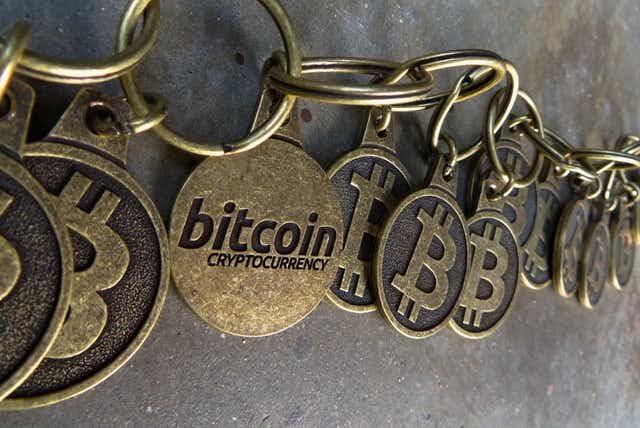Finally, interesting uses for the blockchain that go beyond bitcoin.

Most people who have heard the term think that the “blockchain” is only something to do with cryptocurrencies such as bitcoin, litecoin, doguecoin and others. It’s the technology that underpins digital currencies and ensures that all transactions are properly conducted and recorded. But what is stored on the blockchain need not be just a currency unit – it can be put to all manner of other interesting uses.
The blockchain is defined as “a system that’s secure without a higher authority, distributed across many strangers’ computers, yet tamper-proof, and promises a mechanism for trust mediated directly between individuals”. Essentially, by providing a distributed means to guarantee and verify transactions, the blockchain offers the ultimate opportunity to cut out the middleman.
A key aspect is the programmable smart contract: code stored on the blockchain that automatically executes when certain conditions have been met. In uses that involve a financial transaction, it makes sense to use bitcoin or some other digital currency for the same reason – by doing so, transactions can be automated and guaranteed without recourse to third parties, such as a bank.
Not all uses involve payments. For example, Kim Jackson and Zach LeBeau were married on the blockchain in November. Is a blockchain marriage legally binding? Well, some parts of it would fall within contract law, but it’s a first symbolic step.
Many major companies are looking to the blockchain as a way to simplify and strengthen supply chains, where the blockchain could record each step a product has taken. For example, it could be used to guarantee the origin of foods.
In other cases, the blockchain can be used for peer-to-peer exchange or sale. Imagine you have an electric car. When your charger is unused, you can rent it out to other car owners, paid in bitcoins via a blockchain smart contract.
Another use is automated security, using code embedded on the blockchain to trigger granting or denying access depending on the requester. This way security is assured, as no third parties are involve and no one holds the “keys”: the lock has become one with the key, and assurance lies in the distributed trust of a shared, anonymous network.
One firm supplying this is Slock. The owner can set a deposit amount and a price for renting a property, which the user pays through a blockchain transaction (not even Slock is a middleman), which permits the user to open and close the smart lock through their smartphone. It’s a lock activated by money, without any need for third-party authority. And it’s not just start-ups such as Slock that are taking notice – bigger players, including IBM, are onto it too.


